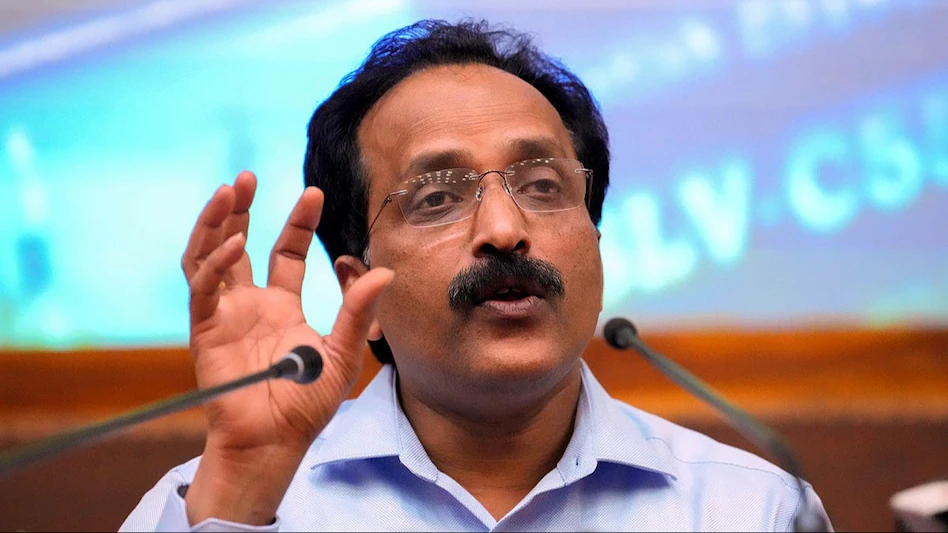In a recent interview, ISRO Chief S. Somanath shared insights into his journey of being diagnosed with stomach cancer and his subsequent recovery. He revealed that he noticed a growth in his stomach on the day of the Aditya-L1 solar mission launch. Following a confirmed diagnosis through scans, he underwent surgery and chemotherapy. He has successfully overcome stomach cancer, attributing the cause to a hereditary condition.
What is stomach cancer?
Stomach cancer, also known as gastric cancer, arises from the abnormal growth of cells on the inner lining of the stomach. Food travels from the throat to the stomach via a tube known as the esophagus, and gastric cancer initiates in the upper inch of the stomach, located just below where it connects with the esophagus. Unhealthy eating habits are often cited as a common cause of this type of cancer.
According to a recent survey, this is the leading cause of cancer-related deaths worldwide, including in India.
Can stomach cancer be detected in its early stages?
Detecting stomach cancer in its early stages is challenging due to the absence of early symptoms. Typically, symptoms manifest after the cancer has already spread.
Despite the limited early symptoms, some signs may appear in the initial stages, such as indigestion, stomach discomfort, loss of appetite, mild nausea, heartburn, and a bloated feeling. Advanced stages of stomach cancer may exhibit additional symptoms like blood in the stool, vomiting, stomach pain, ascites (accumulation of fluid in the abdomen), and difficulty swallowing.
It is crucial to consult with your doctor if you experience these symptoms, as they could be attributed to various other causes.
Strategies for maintaining a healthy stomach
Consume ample fruits and vegetables.
Ensure a rich intake of fruits and vegetables by incorporating them into your daily diet. Strive to include a variety of fruits and vegetables as part of your regular meals.
Stop smoking.
If you are a smoker, consider quitting. If you haven’t started, refrain from doing so. Smoking elevates the risk of stomach cancer and various other cancer types. Although quitting smoking can be challenging, seek assistance from your healthcare provider.
Determine if there is a familial history of stomach cancer.
Individuals with a significant family history of stomach cancer are at an increased likelihood of experiencing these symptoms. Screening tests can identify stomach cancer even before symptoms manifest.
